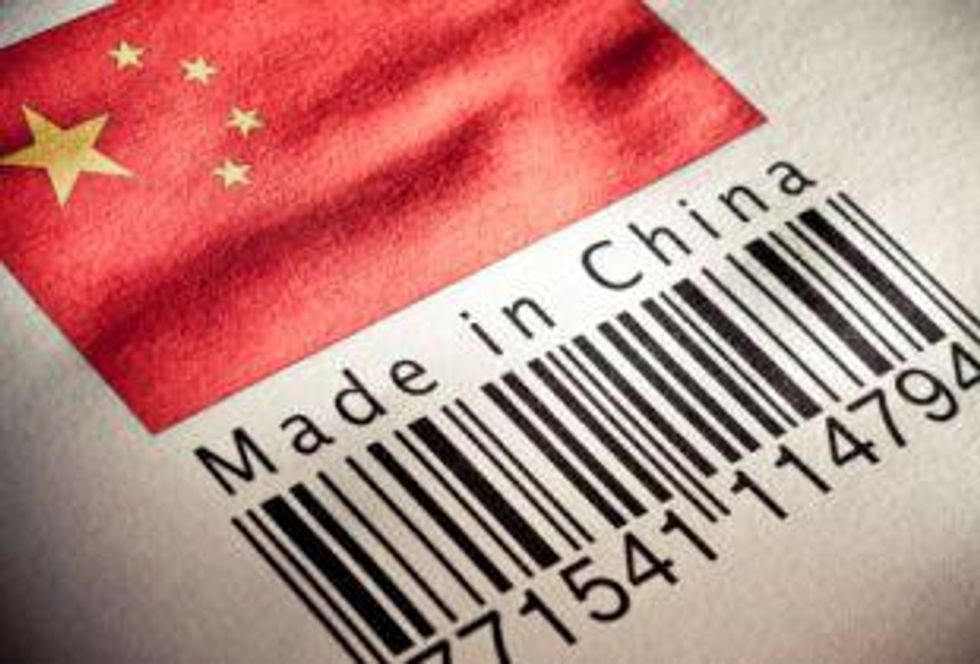China to Tighten Rare Earths Production After WTO Ruling
In early August, the WTO ruled against China’s export quotas. In light of that decision, it looks like there may be a few changes on the horizon for China’s rare earths industry.
With the ruling now finalized, it looks like China will have to make some changes. While prices won’t be affected much, China is looking at removing REE export taxes, which were levied at a rate of 15 to 20 percent. As Wall Street Daily states, the new tax regime “will force Chinese rare earth producers to raise prices towards levels outside China.”
Roskill Information Services notes that scrapping the export taxes could affect non-Chinese producers as FOB REE prices could potentially be reduced, bringing them more in line with Chinese domestic prices. And, as MINING.com states, the impact in the short term could be significant, as domestic prices are generally 36 percent lower than FOB prices.
However, Wall Street Daily does point out that the most significant change China will be making is that instead of controlling exports as it has been doing since 2010, its government will be controlling production. In order to control production, China will need to look at consolidating its REE industry, requiring many smaller, unproductive mines to shut down.
Should China manage to clean up its smaller mines and consolidate its REE industry, the country could solve the current overcapacity situation.
Company news
ASX-listed Northern Minerals (ASX:NTU) is targeting production at its flagship Browns Range REE project in Australia, for which it has been granted an Environmental Protection Authority recommendation for approval. The project, which straddles the West Australian and Northern Territory border is expected to product 279,000 kilograms of dysprosium over its 10-year mine life. The company is looking to be the next dysprosium producer outside of China.
South Africa-focused Great Western Minerals (TSXV:GWG) released its second-quarter results last week. Highlights from Q2 include a 31-percent increase in revenue to $5.6 million over the previous year. The company also released a feasibility study for the Steenkampskraal project, which means it is moving forward into the permitting process and will be looking to secure some funding in the near term.
Securities Disclosure: I, Vivien Diniz, hold no investment interest in any of the companies mentioned in this article.
